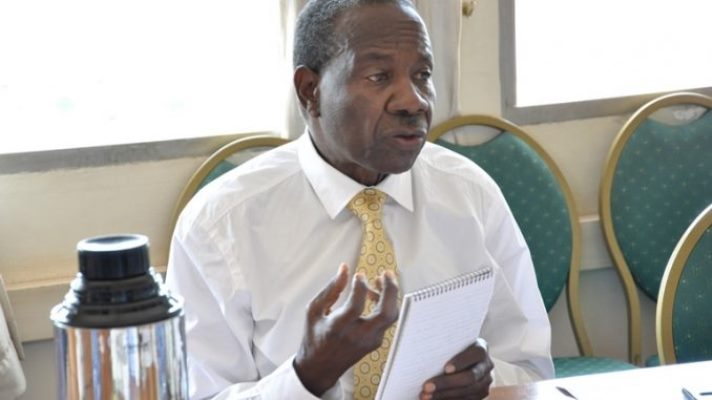The government of Uganda has taken steps to bolster the country’s foreign exchange reserves that have been hit by the COVID-19 pandemic, by borrowing money from multilateral financial institutions such as the International Monetary Fund (IMF) and the World Bank. But the country’s huge debt is threatening efforts to save the economy, experts have warned.
Last month, May 6, the IMF board approved a request from the Ugandan government for a loan of US$491.5m, (Approx. UGX1.85 trillion) for purposes of boosting the country’s battered foreign exchange reserves as well as to help to support healthcare and social protection programmes.
In addition, Uganda has asked the World Bank for a loan of US$190 million to help cushion its economy from the impact of the coronavirus pandemic.
The Minister of Finance Matia Kasaija, also wrote to the IMF to request that Uganda is included among countries to benefit from the debt relief scheme that was announced for 25 countries earlier by the IMF and the World Bank.
A statement from IMF noted that 70% of the US$491m interest-free loan from the fund, would be used as; “A shock absorber to protect the country’s reserves—essential for maintaining macroeconomic stability (including low inflation). The remainder of the resources will be used for financing their response to the COVID-19 pandemic to support health care and social protection programs for the most vulnerable.”
With the tourism sector, which is Uganda’s biggest source of foreign exchange now on its knees, the country’s forex reserves have come under increased strain. This has been made worse by the volatile economic situation in countries where Uganda sells her goods, a decline in remittances from Ugandans working abroad, exodus of investors and trade disruptions with neighbouring countries.
According to Bank of Uganda, Uganda’s reserve as of February 2020, stood at US$3.3billion, enough to support the country’s foreign exchange needs equivalent to three 3.5 months of imports.
The central bank warned in its April Monetary Policy Report that the reserves are expected to decline to cover just two and half months of imports.
Besides the decline in exports receipts, Uganda’s foreign exchange situation has been made worse by the country’s huge debt burden that currently stands at UGX47 trillion (Approx. US$13 billion).
And although Uganda may try to dampen the demand for foreign exchange by frustrating imports, the huge demand for foreign exchange to pay interest and principle on government debts owed to international creditors has further complicated the economic crisis.
As demand for the dollar, particularly, increases, the shilling shall continue to weaken further.
In March, the central bank of Uganda directed all commercial banks and other players in the industry to suspend payment of dividends and bonuses to shareholders for at least three months, as a way to safeguard the local currency but also retain sufficient resources to lend to the private sector.
Experts at the Economic Policy Research Centre in Makerere have warned however that the country’s debt situation is increasingly becoming unsustainable because of low levels of revenue collection.
According to the FY 2017/18 Office of the Auditor general’s report, the ratio of debt repayment to national revenue was 54 percent and projected it to reach 65 percent if government was to service the loans expiring in 2018/19 and 2019/20.
EPRC says that: “Uganda’s debt to domestic revenue ratios are highest in the East African region. This implies the country’s revenue is insufficient to sustain the increasing debt repayment obligations. Any further borrowing without commensurate efforts to expand domestic revenue would simply worsen the situation, and perhaps constrain government’s capacity to provide basic services.”









